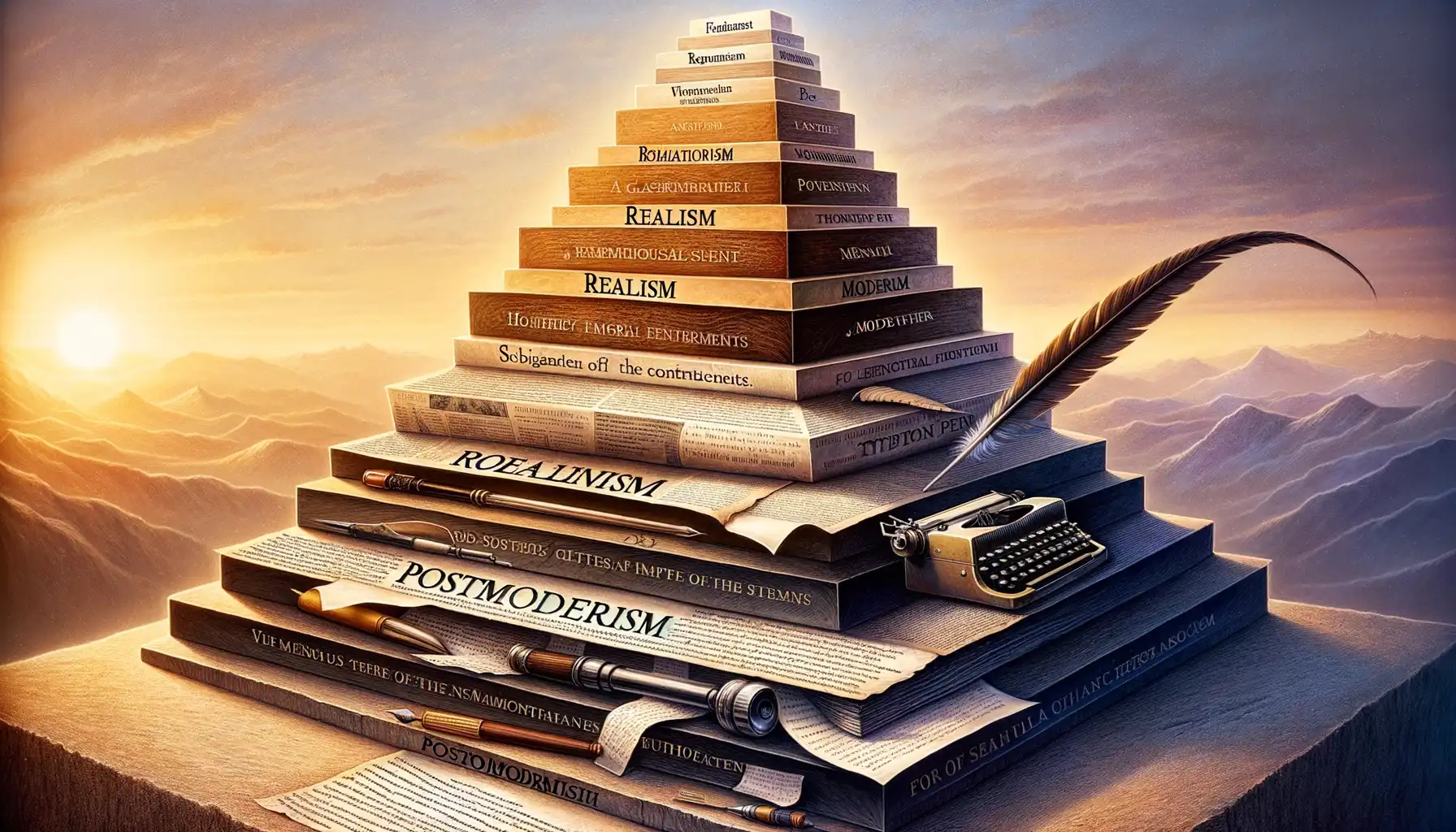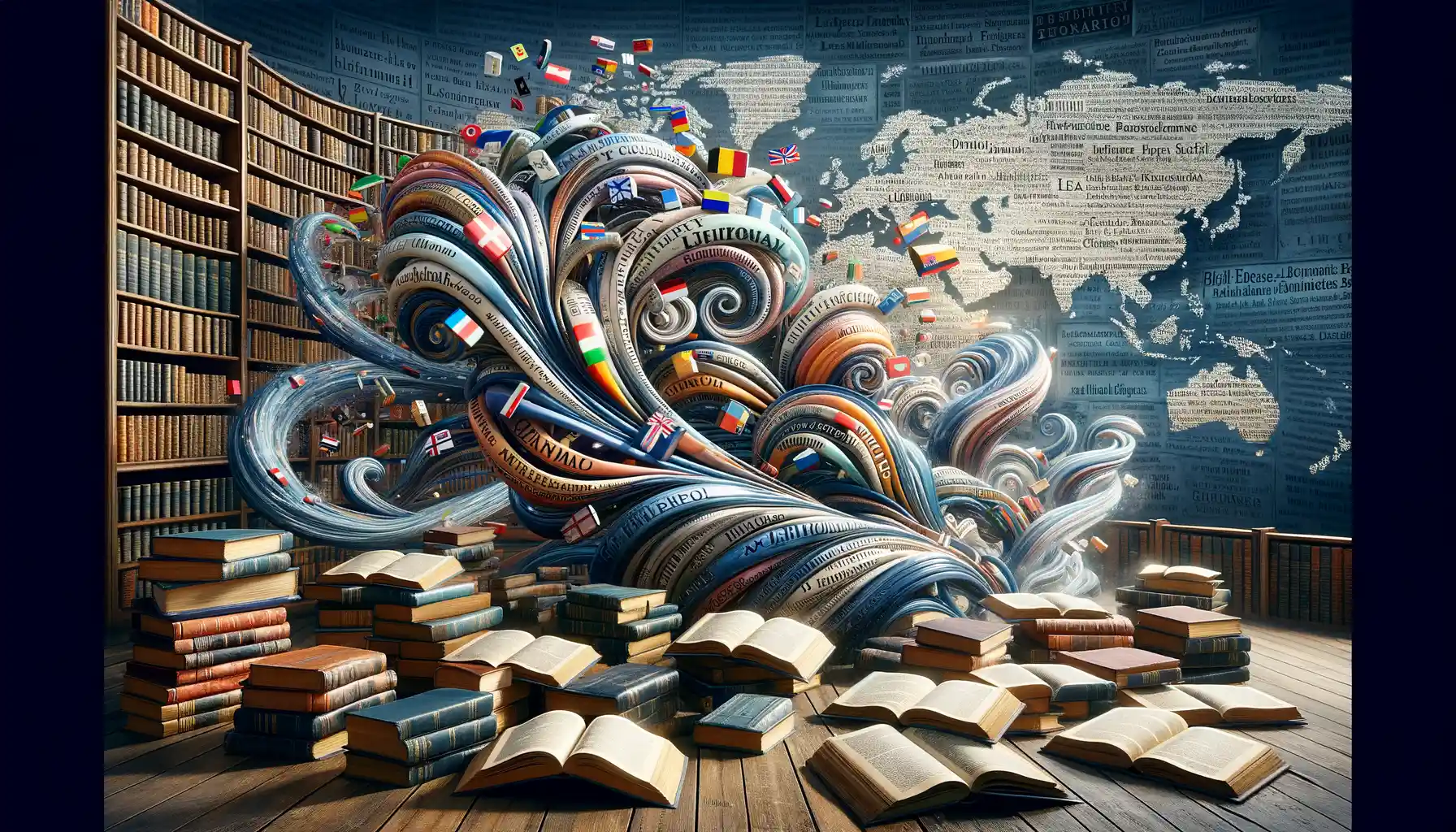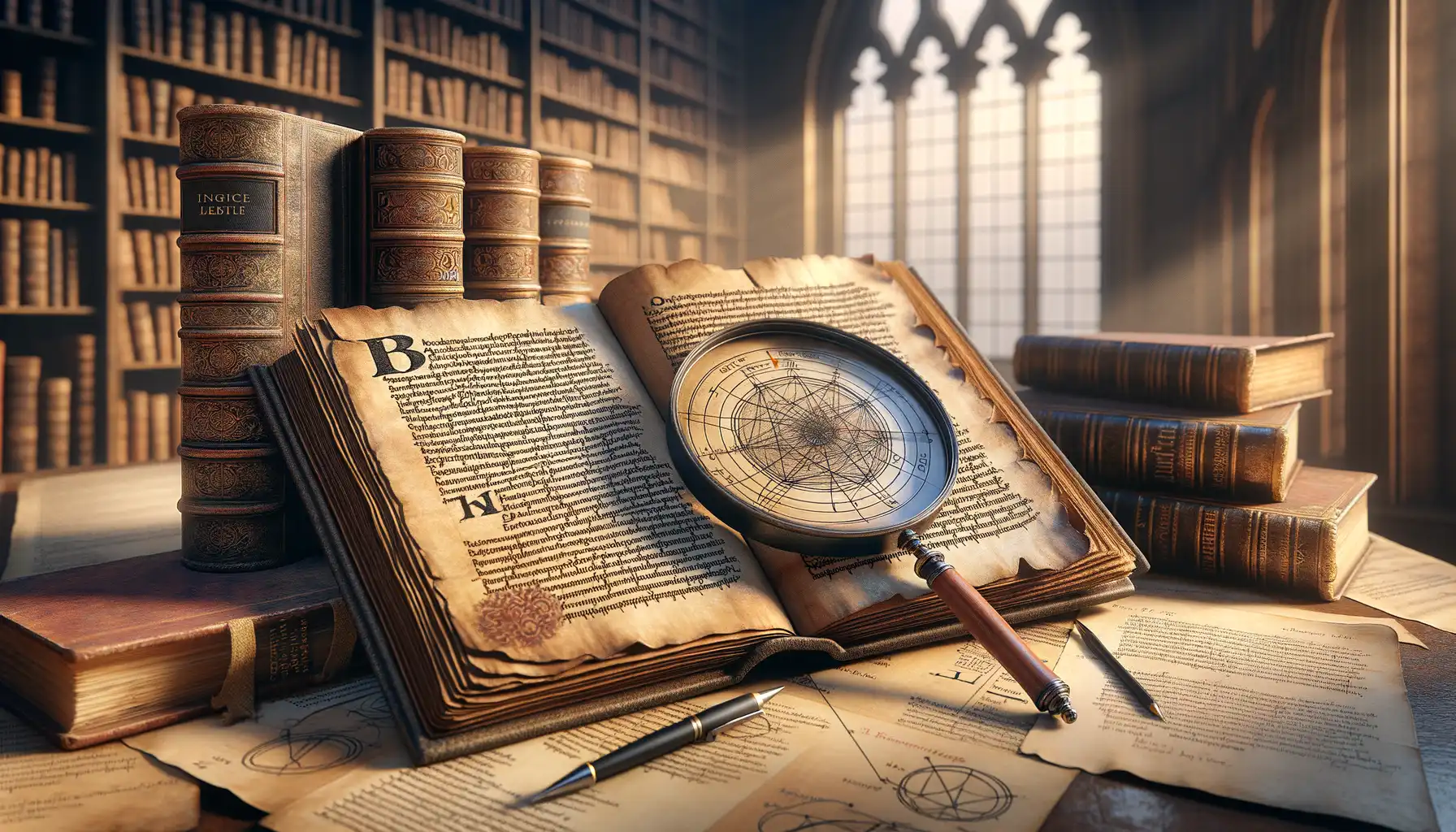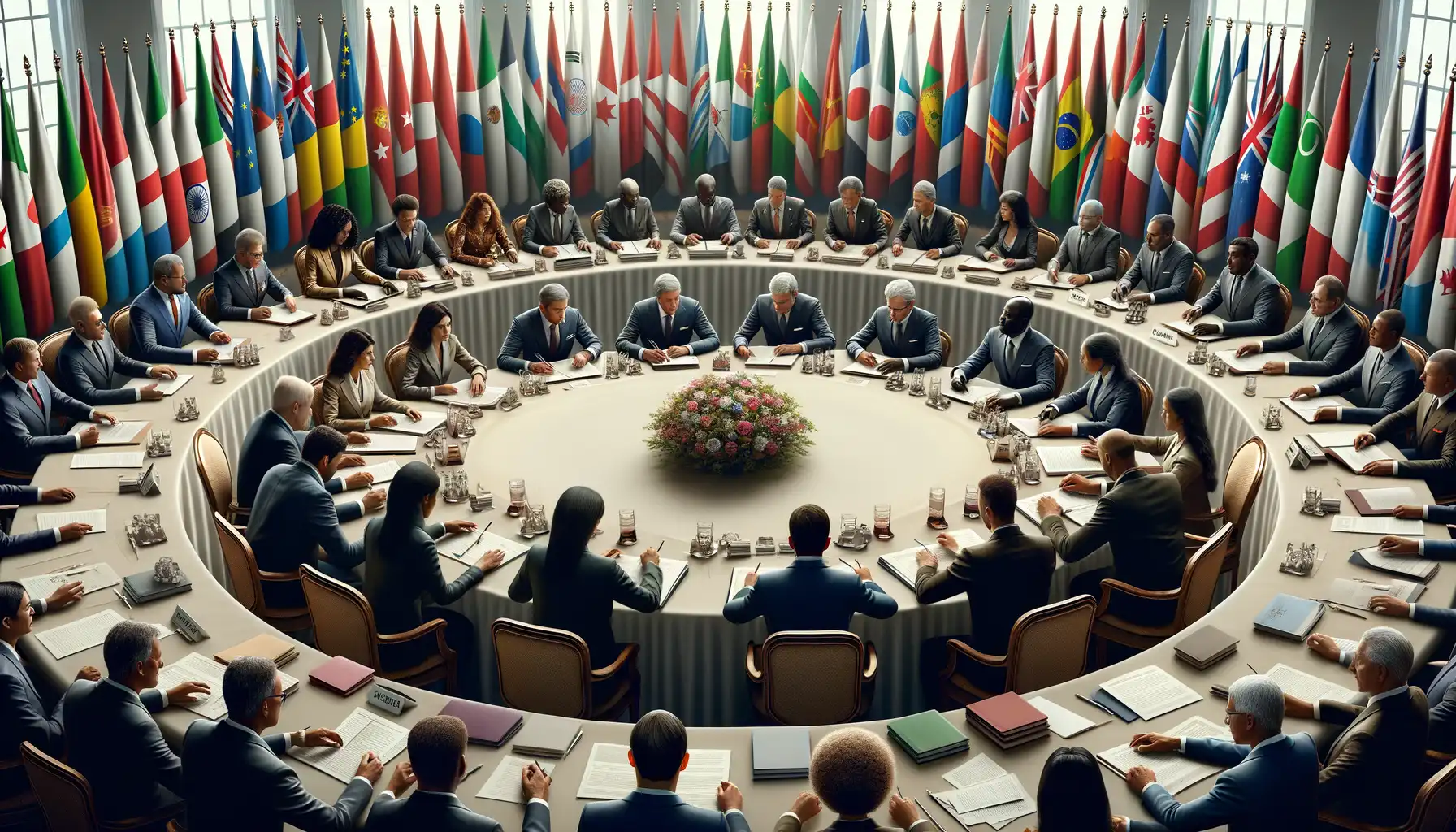Historical Influence of English Literature on Modern Language
The Seeds of Modern English: A Byproduct of Literary Masterpieces
English literature didn’t just whisper its influence on modern language—it carved it boldly into the fabric of our daily communication. From the golden quill of Geoffrey Chaucer to the bardic brilliance of William Shakespeare, their works shaped not only storytelling but the very words we speak today. Did you know that everyday phrases like “break the ice” or “wild-goose chase” were first penned by Shakespeare? It’s as if his ink continues to stain the pages of our lives, centuries later.
The profound legacy doesn’t stop at phrases. Literature gifted us entirely new words! Take the term “eyeball,” introduced to us via Shakespeare’s poetic musings. Or the word “pandemonium,” sprung from the imaginative depths of John Milton in his epic poem Paradise Lost. Without these authors pushing linguistic boundaries, would our language feel as rich and vivid?
- Chaucer celebrated the blending of old English with French influences.
- Shakespeare’s wordplay expanded vocabulary while captivating hearts.
- Milton brought gravitas and complexity to the evolving tongue.
Dive into a modern-day conversation, and you may unknowingly dance to the rhythm of these masterpieces. Isn’t it fascinating how the past whispers through each syllable we breathe today?
Key Literary Movements and Their Linguistic Contributions

The Rise of Romanticism and Its Vibrant Vocabulary
The Romantic era wasn’t just about brooding poets under moonlit skies—it was a linguistic revolution! Think of it as the moment when language sighed, stretched, and embraced emotion like never before. Writers like William Wordsworth and John Keats infused their works with words that had texture, color, and heart. Everyday speech found its way into poetry, turning once lofty, untouchable literature into something relatable and deeply human.
This movement also gave rise to evocative imagery so vivid you could almost taste it. Nature wasn’t just described; it was celebrated in sweeping metaphors. Words like “ethereal” or “melancholy” became darlings of expression, adding depth to the English lexicon. Language itself seemed to breathe alongside the poets, presenting a world you could feel through their ink-stained hands.
The Bold Words of the Modernist Era
Fast-forward to the 20th century, and you step into the sharply lit realm of Modernism, where language was shattered and reshaped, Picasso-style. Trailblazers like Virginia Woolf and James Joyce tore through traditional structures. Their experiments brought us stream-of-consciousness narrative—a style that tried to mirror the fragmented, chaotic beauty of human thought.
- “Epiphany”: Joyce took this word from the spiritual world and turned it into a literary device for sudden realizations.
- Symbolism: Modernists layered their language with subtle signals, making readers work to uncover hidden meanings.
This era taught us that words could be puzzles, emotions could spill onto the page like shattered glass, and literature could bend rules without breaking hearts. Fascinating, isn’t it?
Role of Iconic Authors in Shaping Modern English
![]()
The Literary Architects of Modern English
Have you ever thought about how the words we casually toss into conversation have been pulled, crafted, and shaped by literary geniuses? Those towering figures—yes, *those* iconic authors—are the architects of modern English as we know it. Take William Shakespeare, for example. The man wasn’t just writing plays; he was inventing words like “bedazzled” and phrases such as “heart of gold,” which still sparkle in today’s speech. Forget mere influence—he reshaped the very core of English.
Then there’s Jane Austen, whose novels quietly revolutionized how dialogue is written. Her naturalistic portrayal of conversations gave readers a sense of intimacy with characters that had never been done before. Oh, and let’s not forget Charles Dickens, whose prose introduced dozens of vivid idioms and expressions that echo in our lexicon today, like “it was the best of times, it was the worst of times.”
These writers weren’t just storytellers; they were linguistic revolutionaries. Speech, syntax, style—they touched it all.
English Literature’s Influence on Global Language Trends

From Shakespeare to Slang: The Ripple Effect of English Literature
Have you ever stopped mid-conversation, realizing you’re quoting Shakespeare without even meaning to? Words like “swagger,” phrases like “break the ice,” or even concepts such as “wild-goose chase”—these didn’t just fall into our laps. They were lovingly crafted by literary giants whose works now echo across continents. The ripple effect of English literature isn’t some quaint relic; it’s very much alive in our day-to-day chatter.
Take the global obsession with British wit and charm, for example. Writers like Oscar Wilde shaped how humor is wielded in English-speaking cultures worldwide. Phrases steeped in irony and clever double entendre? Wilde was the torchbearer. And let’s not forget Dickens, whose Victorian-era expressions continue to inform storytelling norms globally.
- “Bleak House” echoes in today’s legal dramas.
- Emily Brontë’s intensity influences modern romance tropes.
- Even J.K. Rowling has bent language to create new patterns and magical lexicons.
When Literary Trends Go International
What’s utterly fascinating is how English literature molds, morphs, and migrates into diverse linguistic landscapes. Think about how Indian writers, from Salman Rushdie to Arundhati Roy, weave English prose with local vernaculars. Suddenly, you have words like “chutnified” (thank you, Rushdie) entering global discourse! Or how rap battles borrow the rhythmic wordplay of Elizabethan poets but infuse it with urban slang.
Through its constant reinvention, English literature has cracked the code on enduring influence. It adapts, entertains, and educates—and in doing so, shapes how people around the world use language to dream bigger, speak sharper, and connect deeper.
Contemporary Relevance of English Literary Works in Linguistics

Why 19th-Century Novels Still Whisper to Linguists
Picture this: a linguist hunched over a dusty copy of a Dickens novel, not out of nostalgia but for discovery. English literary works, especially from the 18th and 19th centuries, are linguistic treasure chests. Take Jane Austen’s razor-sharp dialogues, for example. They’re not just entertaining—they’re a field study in evolving syntactic structures and gendered language use.
Then there’s Charles Dickens with his vivid, almost operatic use of dialects. Ever wondered how words like “flummoxed” or “scrummy” seeped into modern English? Look no further than the quirky voices of his characters. These works provide linguists with priceless data on regional vernaculars, idiomatic expressions, and even sociolects—how class influences language.
Bringing Shakespeare’s Wordsmithery to 21st-Century Slang
The Bard didn’t just write plays; he practically rewired our language. Words like “eyeball” or “bedazzled”? Pure Shakespeare. His inventive flair paved the way for today’s creative word hybrids (“binge-watch,” anyone?). Linguists love tracing these roots back, connecting them to how we coin new terms now.
And let’s not overlook Shakespeare’s mastery of rhythm. Those iambic pentameters? They mirror natural speech patterns and have influenced everything from rap lyrics to advertising jingles. It’s astonishing, isn’t it? Even centuries later, echoing his genius continues to shape modern English.




